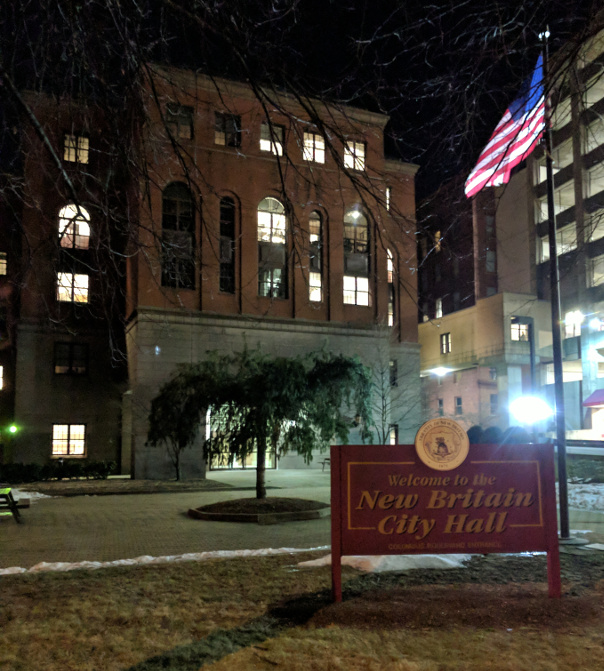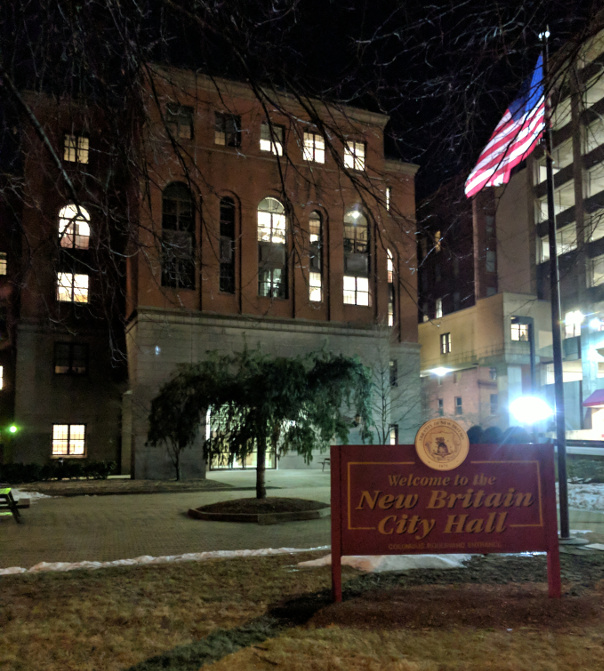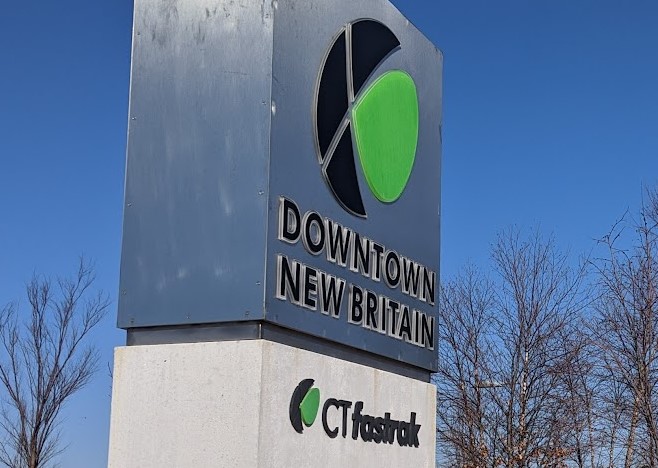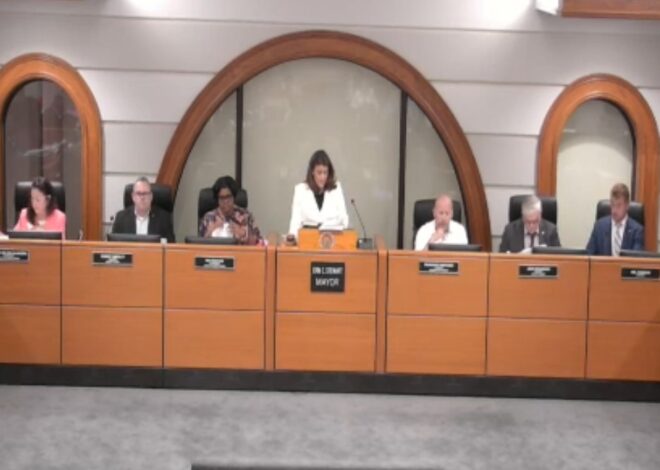Republican Mayor Erin Stewart has reportedly decided against allowing New Britain taxpayers to receive one of the two kinds of COVID-19 property tax relief offered by Gov. Ned Lamont (D-CT), while apparently expanding the application of the other.

In his Executive Order 7S, Gov. Lamont provided two programs to provide property tax relief and relief from water and sewer bills for people and businesses harmed by the COVID-19 pandemic.
The state has instructed municipal leaders that, “Municipalities can offer either plan or both but must offer at least one.”
One plan created by the Governor is a Deferment Program, in which municipalities, “offer to eligible taxpayers, businesses, nonprofits, and residents a deferment by ninety (90) days of any taxes on real property, personal property or motor vehicles, or municipal water, sewer,” and other charges. Lamont later issued his Executive Order 7W, which changed the 90 days to three months.
The other program created by the Governor, a Low Interest Rate Program, provides that, rather than the regular eighteen percent interest, the interest rate on the, “delinquent portion of the principal of any taxes on real property, personal property or motor vehicles, or municipal water, sewer,” and other charges may be reduced to three percent for three months.
City Council Democrats proposed that the city participate in both programs, rather than just one.
But, with Stewart providing a tie-breaking “no” vote, the Council voted down the Democrats’ tax relief resolution. Seven of the eight Council Republicans voted with Stewart against it.
Republicans, instead, approved their own resolution that delegated the decision on the city participating in the tax relief programs to Stewart, rather than the Council, even though Lamont’s Executive Order specifically said that the decision was to made by the local legislative body. In New Britain, the local legislative body is the City Council.
With the city not having the option to reject both tax relief plans, the only choice was to accept both or reject one. The New Britain Herald reported, on April 28, 2020, that Stewart rejected the reduced interest rate option, rather than accept both plans.
However the state lists New Britain has as having, “Deferred All,” in the, “Municipal Option,” appearing to indicate that the city chose to expand the deferment from some “eligible taxpayers” especially affected by the economic effects from the COVID-19 pandemic to all New Britain taxpayers, except those who pay their taxes through an escrow.
The state says that, “Municipalities may extend eligibility to other categories of taxpayers, businesses, nonprofits and residents, upon approval of the legislative body … For example, a municipality could decide to offer the extended grace period to ALL taxpayers, period, without distinction.”
But the resolution approved by the Council delegating the decision vested in the Council to Stewart does not appear to refer to the exercise of this municipal option.
Democrats sharply criticized Stewart for rejecting one of the forms of pandemic crisis tax relief.
Ald. Chris Anderson (D-AL) said that, “I am glad that New Britain residents can defer their taxes for 90 days but I am sorry there will be no additional relief for those who are still late on their taxes due to job loss or financial pressure due to COVID-19.”
“New Britain is one of the poorest communities in the state,” Anderson added. “Our residents needed relief more than most. But thanks to Mayor Erin Stewart and the Republicans, they won’t get it.”
“Shame on this mayor,” said Ald. Aram Ayalon. “I wonder how many in New Britain know that she decided to decline the low interest program. It’s important that people will protest this decision.”
Former Ald. Carlo Carlozzi, Jr, who was the Council’s Majority Leader said that, “the Mayor states that the city was not able to program a low interest program on the tax bills. WOW!!!! That is so weak.”
Fifty-nine other municipalities appear to have decided to participate in the low-interest tax relief program.
“Reality…,” Carlozzi added, “she had no desire to do it,” adding,
Question for Mayor Stewart, why are other cities and towns across the state able to figure it out??? Is our technology and software that outdated?? You have spent hundreds of thousands of dollars over the last 6 years on technology and software and we now find out that our software can not figure this out. Failed leadership!!
The state says that, with the tax relief plan apparently accepted by Stewart,
the next installment comes due on July 1, 2020. This plan covers installments that come due up through and including July 1, 2020. For the July 1, 2020 installment, instead of the last day to pay being August 3, 2020 (August 1 falls on a Saturday), the last day to pay will instead be October 1, 2020 (three months from July 1) because the last day to pay is being deferred, or the grace period is being extended.
The Governor’s Executive Order 7S says that,
Financial institutions and mortgage servicers that hold property tax payments in escrow on behalf of a borrower shall continue to remit property taxes to the municipality, so long as the borrower remains current on their mortgage or is in a forbearance or deferment program, irrespective of the borrower’s eligibility for or participation in the Deferment Program or the Low Interest Rate Program.
The state also says that, “For towns that have taxes or other charges coming due between April 1 and July 1 (quarterly billing towns, and towns that bill other charges between April and July): those bills are covered by this plan.”




